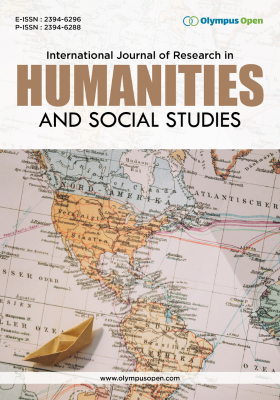Human-Made and Natural Catastrophes Reflected in Western Literature: From Antiquity to the Present
DOI:
https://doi.org/10.62557/2394-6296.110202Keywords:
Black Death, Boccaccio, Marguerite de Navarre, Flooding, Heinrich von Kleist, Johann Peter Hebel, Avalanches, Theodor Fontane, Storm, Josef Haslinger, TsunamiAbstract
We continue to live in an academic world where the natural sciences and the humanities are clearly demarcated from each other. However, recent years have witnessed a significant rapprochement, especially in light of the enormous need to come to terms with natural disasters that continuously strike human societies all over the world throughout time in scientific and intellectual terms. There is no doubt that we must understand those as precisely as possible, but there is also no doubt that both poets and literary scholars have always been in charge of probing and channeling the human responses and to contextualizing the catastrophic conditions in a wider context, and this also philosophically and religiously. While pre-modern literature seems to have responded to natural catastrophes only tentatively, since the nineteenth century at the latest writers, poets, and artists increasingly have interacted with those disasters and reflected on their impacts in human life more in depth.
Downloads
Downloads
Published
Issue
Section
License
Copyright (c) 2024 Author(s)

This work is licensed under a Creative Commons Attribution-NonCommercial 4.0 International License.

